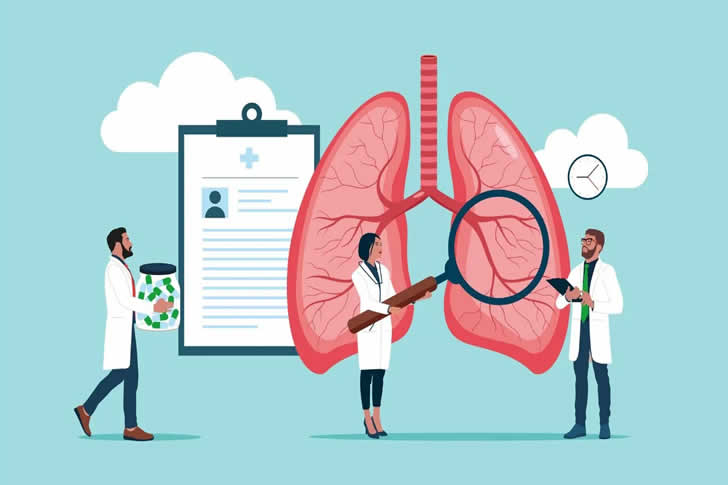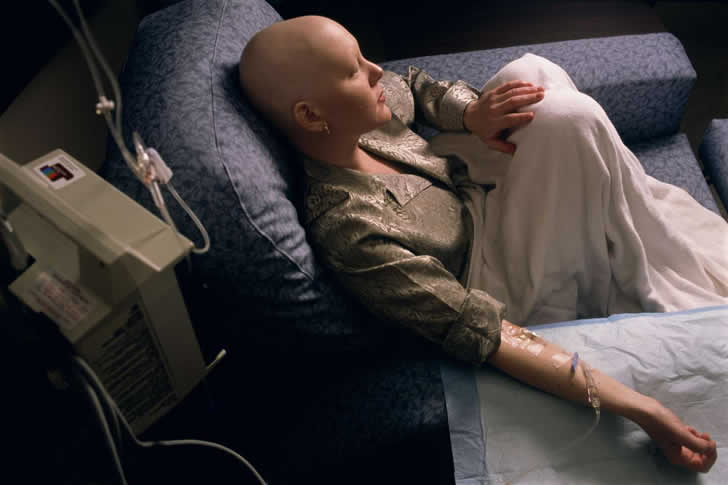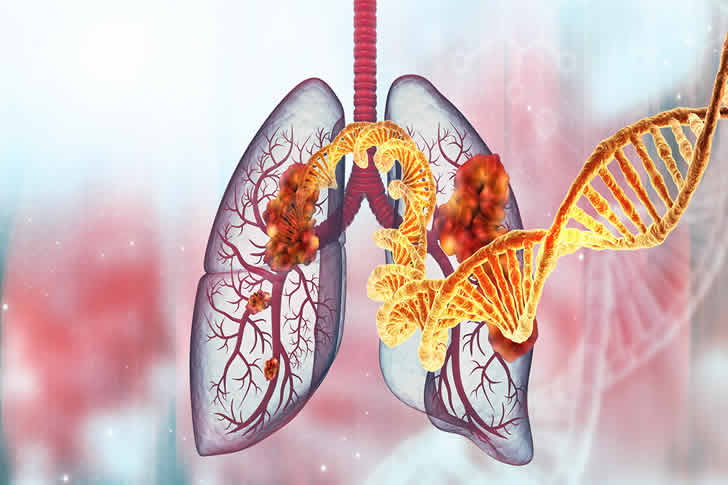Why Finding the Right Treatment for Lung Cancer Matters
Lung cancer is one of the most common and deadly cancers, making it essential to find the most effective treatment options. The right treatment can make a significant difference in outcomes, including prolonging life, reducing symptoms, and improving the overall quality of life. Here’s why choosing the best treatment is critical:
- Personalized Care: Tailoring treatment to the specific type and stage of lung cancer can improve effectiveness and reduce side effects.
- Improved Survival Rates: Advanced treatments can significantly increase the chances of survival.
- Symptom Management: Effective treatment helps manage symptoms like pain and breathing difficulties, enhancing the patient’s quality of life.
- Access to New Therapies: Staying informed allows patients to access cutting-edge treatments and clinical trials that might offer better outcomes.
How to Find the Best Treatments for Lung Cancer
To identify the most suitable lung cancer treatments, consider the following strategies:
- Consult with Oncologists: Seek out oncologists who specialize in lung cancer for a comprehensive evaluation and treatment plan.
- Explore Multidisciplinary Care: Look for treatment centers that offer a team approach, involving oncologists, surgeons, radiologists, and support staff.
- Review Treatment Options: Discuss the benefits and risks of surgery, chemotherapy, radiation, targeted therapy, and immunotherapy.
- Consider Clinical Trials: Investigate available clinical trials that might offer access to innovative treatments not yet widely available.
- Evaluate Support Services: Choose treatment centers that provide holistic care, including counseling, nutrition advice, and physical therapy.
Common Questions and Answers
Q1: What are the main types of treatments for lung cancer?
A1: The main types include surgery, chemotherapy, radiation therapy, targeted therapy, and immunotherapy. The choice depends on the type and stage of lung cancer.
Q2: How do I know if a clinical trial is right for me?
A2: Clinical trials can offer access to new treatments, but they come with risks. Your oncologist can help you determine if a trial aligns with your treatment needs and goals.
Q3: What factors influence the choice of lung cancer treatment?
A3: Factors include the type and stage of cancer, the patient’s overall health, specific genetic mutations in the cancer, and patient preferences.
Example Data on Lung Cancer Treatment Options
is a comparison of different lung cancer treatment options, highlighting key factors like effectiveness, side effects, and costs.
| Treatment Type | Effectiveness (%) | Common Side Effects | Duration (Weeks) | Cost Range ($) | Success Rate (%) |
|---|---|---|---|---|---|
| Surgery (Lobectomy) | 90-95 | Pain, infection, breathing issues | 1-2 | 40,000 – 70,000 | 85-90 |
| Chemotherapy | 60-70 | Nausea, hair loss, fatigue | 12-24 | 10,000 – 100,000 | 60-70 |
| Radiation Therapy | 60-75 | Skin irritation, fatigue | 5-7 | 10,000 – 50,000 | 65-75 |
| Targeted Therapy | 75-85 | Diarrhea, liver issues | 12-24 | 50,000 – 100,000 | 70-85 |
| Immunotherapy | 70-80 | Fatigue, rash, inflammation | 12-24 | 100,000 – 150,000 | 70-80 |
| Stereotactic Body Radiation Therapy (SBRT) | 85-90 | Minimal, localized pain | 1-2 | 30,000 – 60,000 | 80-90 |
| Palliative Care | N/A | Pain relief, symptom management | Continuous | Varies | N/A |
| Cryotherapy | 50-60 | Cough, chest pain | 1-2 | 5,000 – 20,000 | 50-60 |
| Photodynamic Therapy | 50-65 | Sensitivity to light, swelling | 1-2 | 10,000 – 30,000 | 50-65 |
| Proton Therapy | 70-85 | Skin irritation, fatigue | 5-7 | 60,000 – 120,000 | 70-85 |
Recommended Resources for Finding Lung Cancer Treatments
For more detailed information and to explore the best lung cancer treatment options, visit the following websites:
These resources provide comprehensive information on treatment options, clinical trials, and support services to help you make informed decisions about your lung cancer care.












Recent Comments